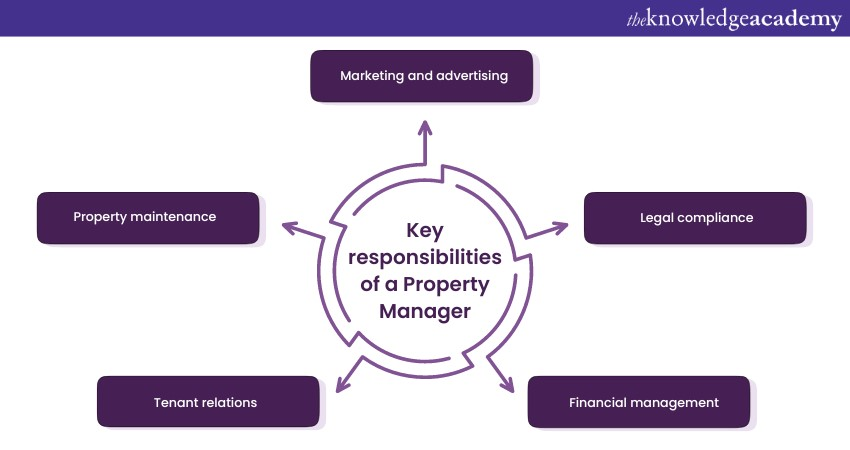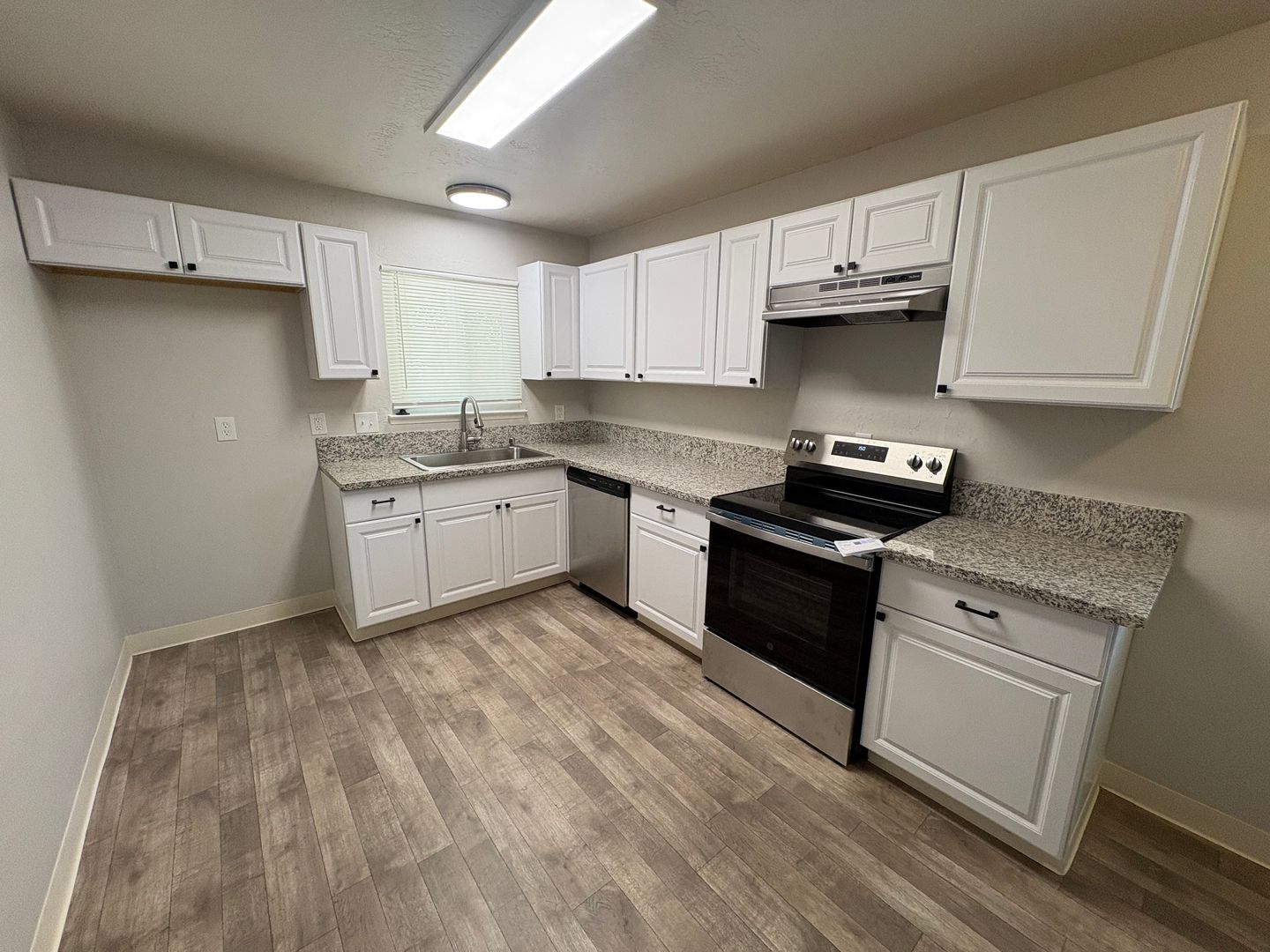The Property Management Services Ideas
Table of ContentsSome Known Incorrect Statements About Property Management Services


Property monitoring specialists, additionally understood as building managers, play a crucial function in maintaining the value, functionality, and productivity of property properties. They serve as the intermediary between homeowner and occupants, ensuring smooth operations while securing the investment. The extent of duties for residential property management professionals is broad, spanning financial, operational, legal, and tactical responsibilities. Understanding these responsibilities can supply insight right into why working with proficient specialists is crucial for both residential and commercial home owners.Financial ResponsibilitiesA core responsibility of residential property management specialists is managing the monetary facets of a home. This starts with establishing proper rental prices by carrying out market analysis and understanding similar home worths in the location. Residential or commercial property supervisors review neighborhood demand, seasonal fads, and economic variables to establish prices that are competitive yet profitable. Correct prices makes certain high occupancy rates while optimizing revenue for the residential or commercial property owner.Once prices are developed, home management specialists manage rental fee collection. They apply constant systems to make certain renters pay on schedule, address late payments properly, and apply lease terms when necessary. Past rent collection, residential property supervisors are responsible for budgeting. They track expenses such as fixings, upkeep, utilities, real estate tax, and insurance policy premiums. By projecting money flow and maintaining accurate financial documents, they offer homeowner with a clear understanding of home performance.Financial reporting is an additional vital job. Home managers prepare monthly, quarterly, and yearly records summing up income, costs, and net operating revenue. These records make it possible for owners to make enlightened decisions regarding their investments. In addition, residential property managers commonly coordinate with accounting professionals or tax professionals to make certain compliance with local, state, and federal tax policies, reducing responsibility risks for the property owner.Operational ResponsibilitiesProperty monitoring professionals supervise the day-to-day procedures required to preserve and boost the residential or commercial property's problem. Repair and maintenance are a significant part of their responsibilities. This includes regular assessments to identify prospective concerns, precautionary upkeep to stay clear of costly repair services, and reacting immediately to renter maintenance demands. Residential or commercial property supervisors collaborate with specialists, vendors, and service suppliers to execute work effectively and within budget.Another functional task is managing lessee relations. Home managers deal with requests, problems, and queries, making certain a favorable living or functioning environment. Effective interaction promotes occupant complete satisfaction and retention, which is crucial for lessening vacancies and keeping consistent income streams. Property managers likewise conduct extensive testing of potential tenants, reviewing history checks, credit report, employment verification, and rental recommendations to pick trustworthy occupants.Compliance with home guidelines is an important functional duty. Property managers make certain that homes meet neighborhood building codes, security criteria, and ease of access demands. They stay up-to-date with changes in real estate guidelines, zoning legislations, and landlord-tenant legislations, guaranteeing that both the home and its management practices stay legal. This consists of proper handling of deposits, expulsion procedures, and fair housing regulations.Leasing and Marketing ResponsibilitiesMarketing the building properly is one more vital duty. Property administration specialists develop and perform strategies to attract lessees with multiple channels, consisting of on the internet listings, social media, signs, and traditional marketing. They craft compelling building descriptions, emphasize crucial services, and utilize professional photography to showcase the residential property's appeal.The leasing procedure is also handled by home professionals. They prepare lease arrangements, explain conditions and terms to lessees, and guarantee all legal paperwork is precisely finished and authorized. Lease renewals are monitored to preserve high tenancy prices, and home managers usually negotiate terms that benefit both the occupant and the proprietor. By handling this process properly, property supervisors mitigate risks associated with legal disputes and renter dissatisfaction.Strategic ResponsibilitiesBeyond day-to-day management, building monitoring professionals supply calculated support to improve long-lasting home value. They recommend owners on funding improvements, restorations, and residential or commercial property upgrades that can boost lease potential or attract higher-quality lessees. They might carry out market research to recognize arising patterns and chances for property development or diversification.Risk management is a key critical obligation. Residential property managers identify prospective threats to the home's safety and security, financial stability, or lawful standing and execute actions to mitigate these risks. This consists of assessing insurance coverage, keeping an eye on environmental threats, and enforcing security methods. Their tactical input assists building proprietors secure and grow their investment profile over time.Administrative ResponsibilitiesProperty administration includes considerable management work. Building managers keep comprehensive records of leases, economic transactions, upkeep demands, examinations, and renter interactions. Accurate documents sustains lawful compliance, provides responsibility, and functions as a resource in resolving disputes or resolving tenant concerns.Additionally, building supervisors collaborate with various other experts, such as realty representatives, accountants, attorneys, and insurance policy companies, to ensure smooth operations. They might also handle supplier agreements, solution arrangements, and procurement of supplies essential for building maintenance. Via these management functions, building supervisors create a effective and organized administration system that profits both residential or commercial property owners and tenants.Tenant Retention and Area ManagementA significant element of residential or commercial property administration is occupant retention. Residential or commercial property supervisors apply techniques to make certain tenants feel valued and pleased, consisting of prompt upkeep, receptive communication, and neighborhood interaction. In industrial or multi-unit homes, property supervisors may arrange occasions or efforts that promote a feeling of community, adding to occupant loyalty and decreasing turnover rates (Property Management Services).They additionally mediate problems in between renters when disputes arise, using conflict resolution abilities to preserve consistency within the residential or commercial property. By proactively dealing with lessee worries and cultivating favorable relationships, home supervisors decrease vacancy rates and maintain a stable income stream for property owners.Sustainability and Innovation IntegrationModern property management progressively entails sustainability techniques. Building managers might implement energy-efficient upgrades, water preservation systems, and eco-friendly waste management techniques. By advertising sustainable procedures, residential property supervisors help in reducing operational prices, boost residential property worth, and attract ecologically conscious tenants.Technology assimilation is also a growing duty. Residential or commercial property monitoring software enables supervisors to track leases, repayments, upkeep requests, and interaction efficiently. Automated systems simplify reporting, enhance data precision, and boost the general lessee experience. Modern technology additionally makes it possible for home managers to assess performance metrics and recognize possibilities for improvement, making certain that the home remains competitive in the market.Emergency and Crisis ManagementProperty management specialists should be prepared to take care of emergencies and situations. This consists of natural disasters, fires, flooding, or other unpredicted a fantastic read events that might interfere with operations or damage the property. Home managers create emergency response plans, coordinate with neighborhood authorities, and make sure that tenants are informed and secure throughout such occasions. Their capability to respond quickly and efficiently minimizes damages and preserves occupant confidence.Legal and Governing ComplianceCompliance with regional, state, and government regulations is an important obligation. Residential property management specialists make certain that all practices follow landlord-tenant regulations, fair housing guidelines, zoning statutes, and safety codes. They manage leases, manage expulsions lawfully, and make certain correct documentation for all property-related transactions. Staying notified about altering policies secures the property owner from legal conflicts, fines, or penalties.ConclusionProperty administration professionals wear multiple hats, balancing operational, monetary, lawful, tactical, and management responsibilities. Their role extends past straightforward oversight; they are important to taking full advantage of building value, making certain tenant satisfaction, and mitigating threats. By handling the complexities of residential property procedures, property supervisors allow proprietors to concentrate on wider investment goals while ensuring that residential or commercial properties are successfully kept and profitable.From renter testing and rent out collection to marketing, maintenance, compliance, and long-lasting critical planning, property management specialists give comprehensive services that protect and boost the worth of actual estate financial investments. Their proficiency is vital for navigating the difficulties of home possession, and working with experienced residential property administration experts is often an essential consider achieving continual success in the realty sector.In short, home management professionals make certain that residential properties are not only maintained however maximized, developing environments that are safe, well-functioning, and economically fulfilling. Their varied responsibilities need a mix of technological abilities, lawful expertise, financial acumen, and interpersonal capacities. Ultimately, efficient residential property administration safeguards financial investments, optimizes returns, and adds to the lasting success of homeowner in an increasingly open market.
